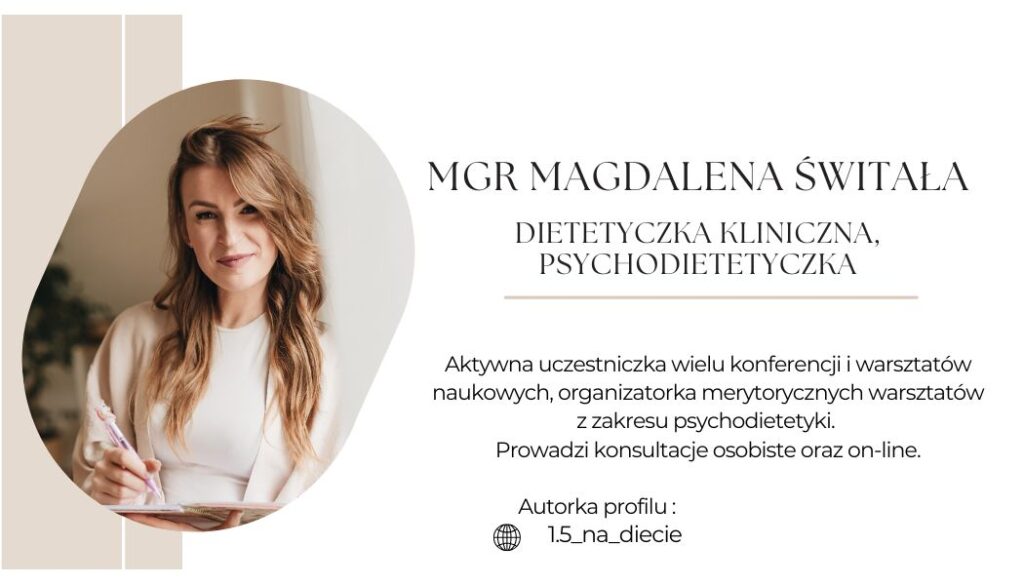Owning a dog can have a surprisingly beneficial effect on the human microbiota and immunity, especially in the context of growing and developing children, the elderly and the psychophysical health of each caregiver.
The Canis Familiaris (domestic dog), as we're referring to it, is the result of the domestication of its wild cousin, Canis Lupus (gray wolf), which occurred approximately 20,000-40,000 years ago. Today, it's hard to imagine life without these wonderful furry creatures, and their service and dedication to humanity is astonishing. Working in uniformed services, detecting illnesses (!) such as impending epileptic seizures, dangerously high glucose levels, or cancer, as well as assisting in the healing process of trauma, are skills worthy of true admiration.

If everything that surrounds us and with which we come into contact is reflected in our microbiota, what does our human-dog relationship look like through its eyes?
Increasing microbiota diversity (a highly desirable process)! How does this happen?
What about other benefits that deserve attention?
To sum up:
| Area | Advantage |
|---|---|
| Microbiota | Better gut microbiota diversity (in children and adults) |
| Allergies | Lower risk of atopy, asthma and eczema (especially in children) |
| Resistance | Gradual training of the immune system, lower risk of overreaction resulting in the development of autoimmune diseases |
| Beyond microbiology | Physical activity, better and longer fitness, stress reduction that indirectly supports immunity, establishing social contacts, enhancing the secretion of neurotransmitters with anti-inflammatory and mood-improving effects |
We have dogs in our team, and from here I'd like to extend my warmest wishes to them on their special day. Milka and Cookie – lots of lovely walks with your little one, crunchy treats, and hands to pet. Thank you for all the above!
The author of this entry is:

Sources:
Panzer AR, Sitarik AR, Fadrosh D, Havstad SL, Jones K, Davidson B, Finazzo S, Wegienka GR, Woodcroft K, Lukacs NW, Levin AM, Ownby DR, Johnson CC, Lynch SV, Zoratti EM. The impact of prenatal dog keeping on infant gut microbiota development. Clin Exp Allergy. 2023 Aug;53(8):833-845. doi: 10.1111/cea.14303. Epub 2023 Mar 14. PMID: 36916778; PMCID: PMC11163251.
https://journals.plos.org/plosone/article?id=10.1371/journal.pone.0313078
Arboleya, S., Binetti, A., Salazar, N., Fernández, N., Solís, G., Hernandez-Barranco, A., … & Gueimonde, M. (2012). Establishment and development of intestinal microbiota in preterm neonates. FEMS microbiology ecology, 79(3), 763-772.